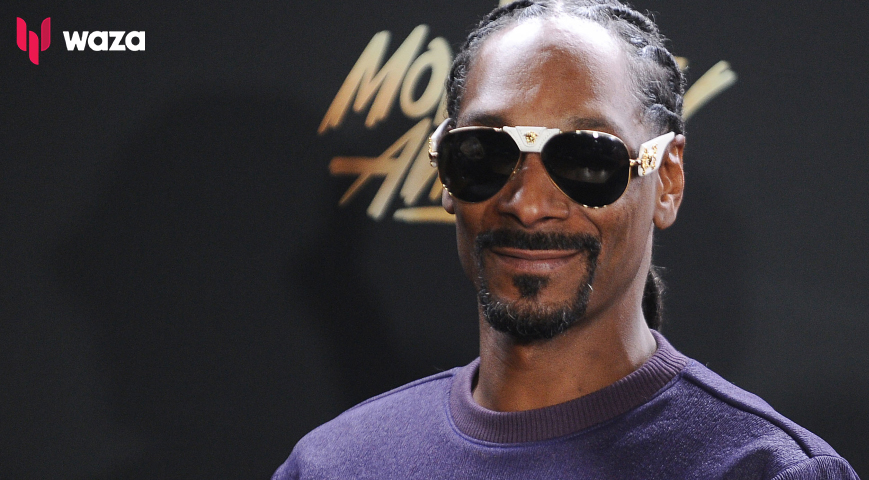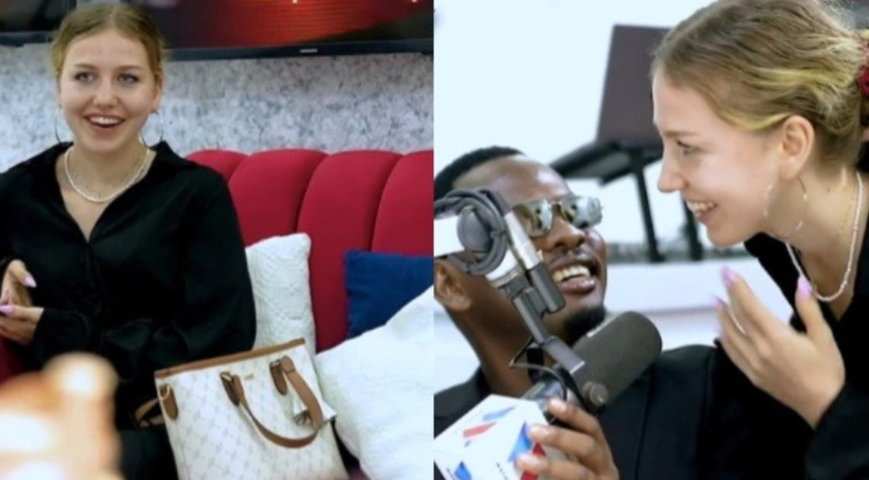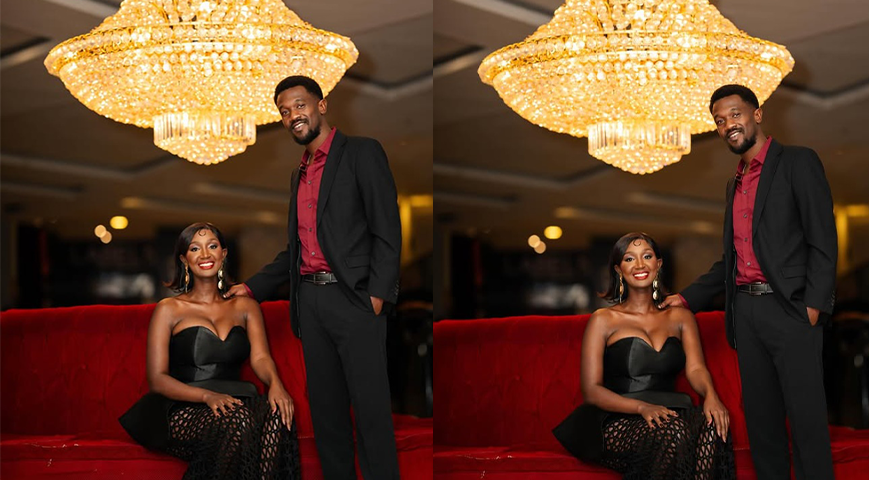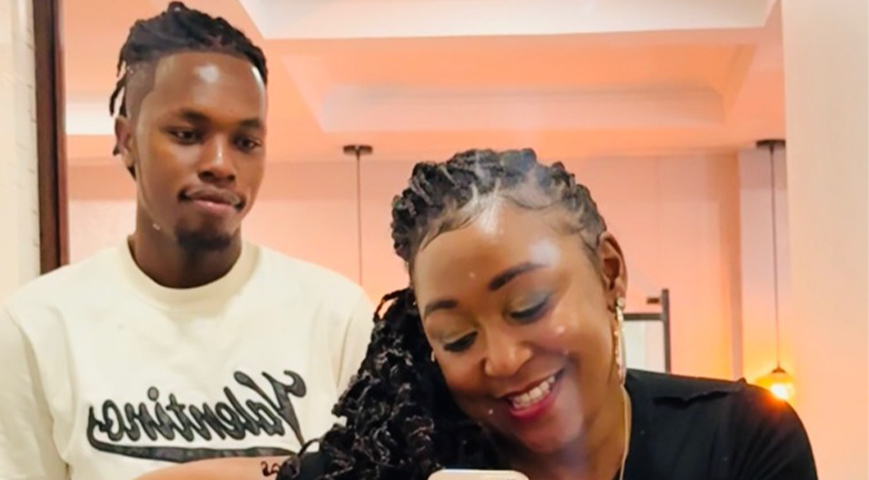Snoop Dogg found himself facing a copyright infringement lawsuit on Monday (July 15) after producer Trevor Lawrence Jr. accused him of using two backing tracks without proper licensing or payment.
Lawrence, a respected producer and drummer known for his work with artists like Alicia Keys and Bruno Mars, alleged that he created two backing tracks "on spec" for Snoop Dogg to use in-studio. According to Lawrence, he made it clear that if Snoop Dogg intended to commercially release any songs using these tracks, he would need to pay an upfront fee and ongoing royalties.
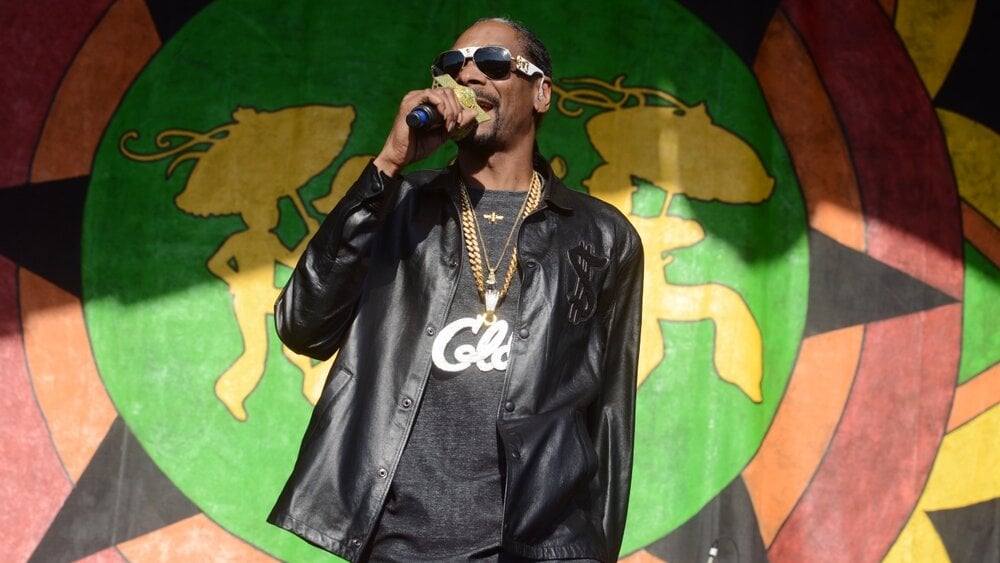
Despite this understanding, Lawrence claimed in the lawsuit that Snoop Dogg utilized the tracks on the songs "Pop Pop" and "Get This D**k" from the 2022 album BODR without entering into a formal licensing agreement or compensating him.
"To date, defendants have refused to properly license the Lawrence tracks or compensate Lawrence for their use," stated Lawrence's legal team in the lawsuit, which also named Death Row Records as a defendant.
Did you read this?
Lawrence's legal complaint highlighted that he typically shops backing tracks with the understanding that a proper licensing agreement will be negotiated before any commercial release. He asserted that he had informed Snoop Dogg that the cost to use the tracks would be a $10,000 flat fee and a 50% interest in the songs, terms which were allegedly accepted by Snoop Dogg's team. However, Lawrence stated that he was neither paid nor credited when the tracks were released, particularly noting that they were also sold as NFTs generating significant revenue.

"At no point did the defendants communicate any intention to exploit the Lawrence tracks in connection with a bundled offering such as the NFT sale," Lawrence's attorneys emphasized. They argued that such exploitation was not authorized and was never within the scope of their prior agreements.
As of now, Snoop Dogg has not publicly responded to the lawsuit. The case draws parallels to other copyright disputes in the music industry, such as the one involving Tracy Chapman and Nicki Minaj, where legal precedent has addressed the balance between artistic experimentation and copyright infringement upon commercial release.

